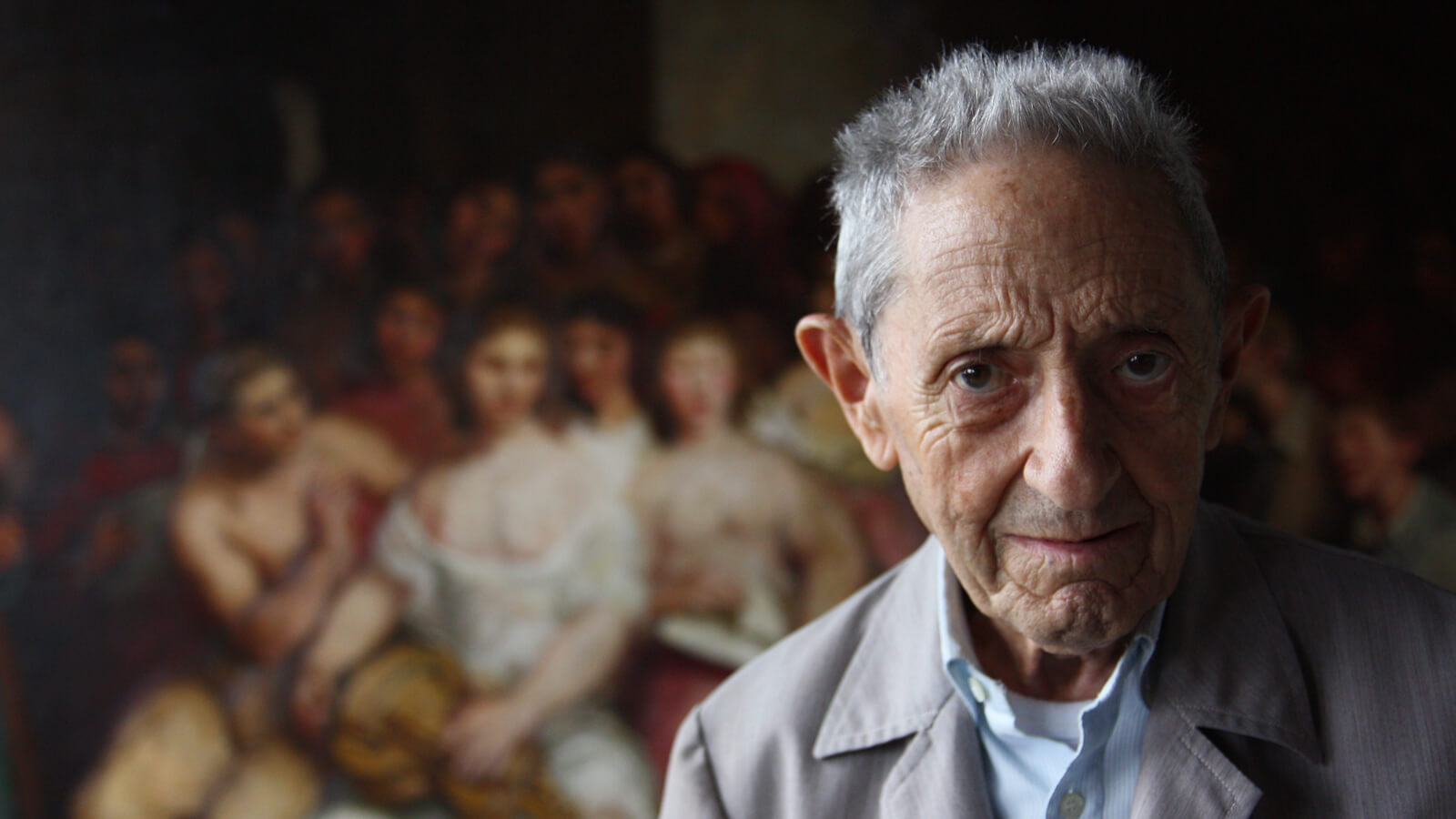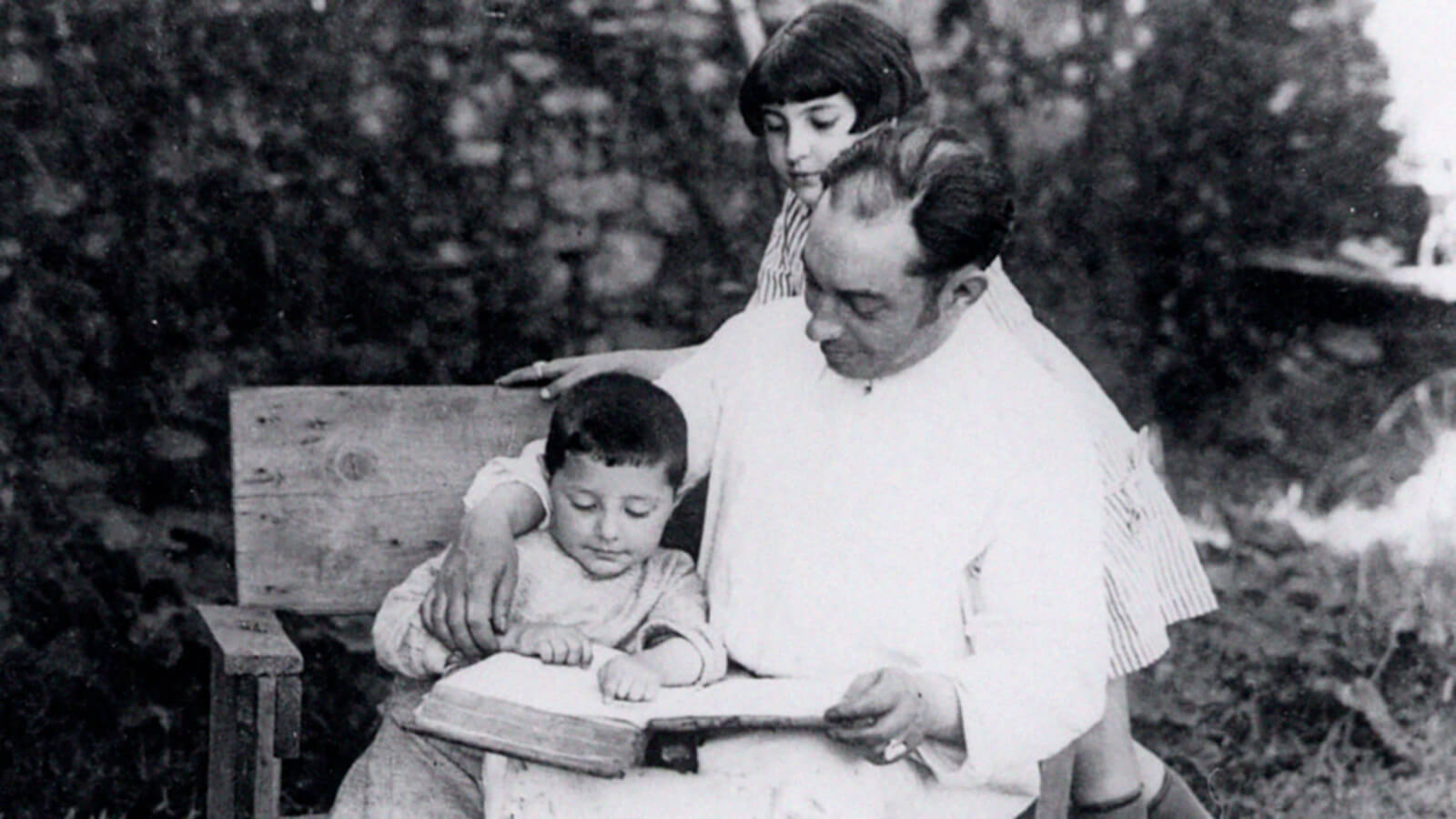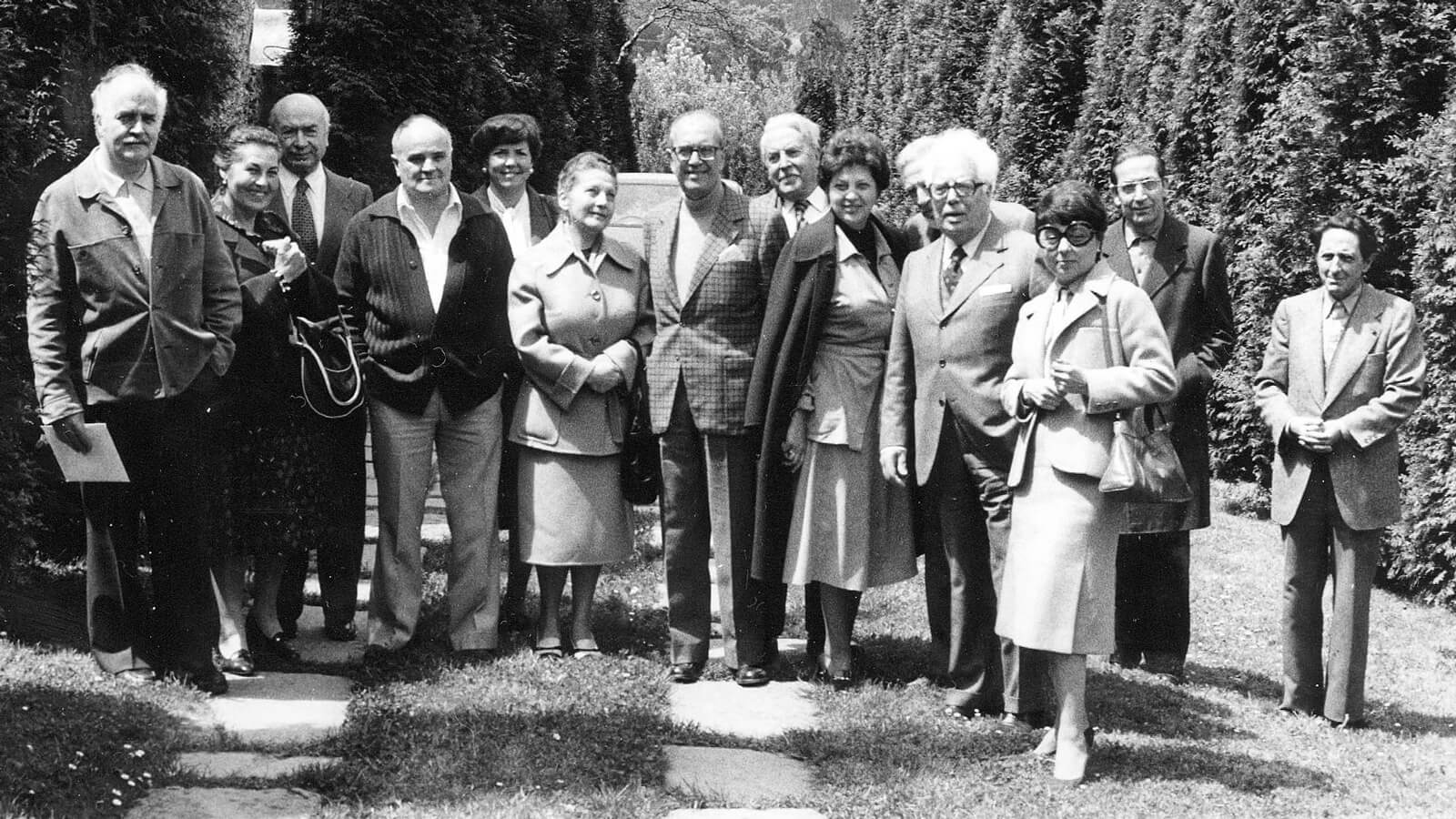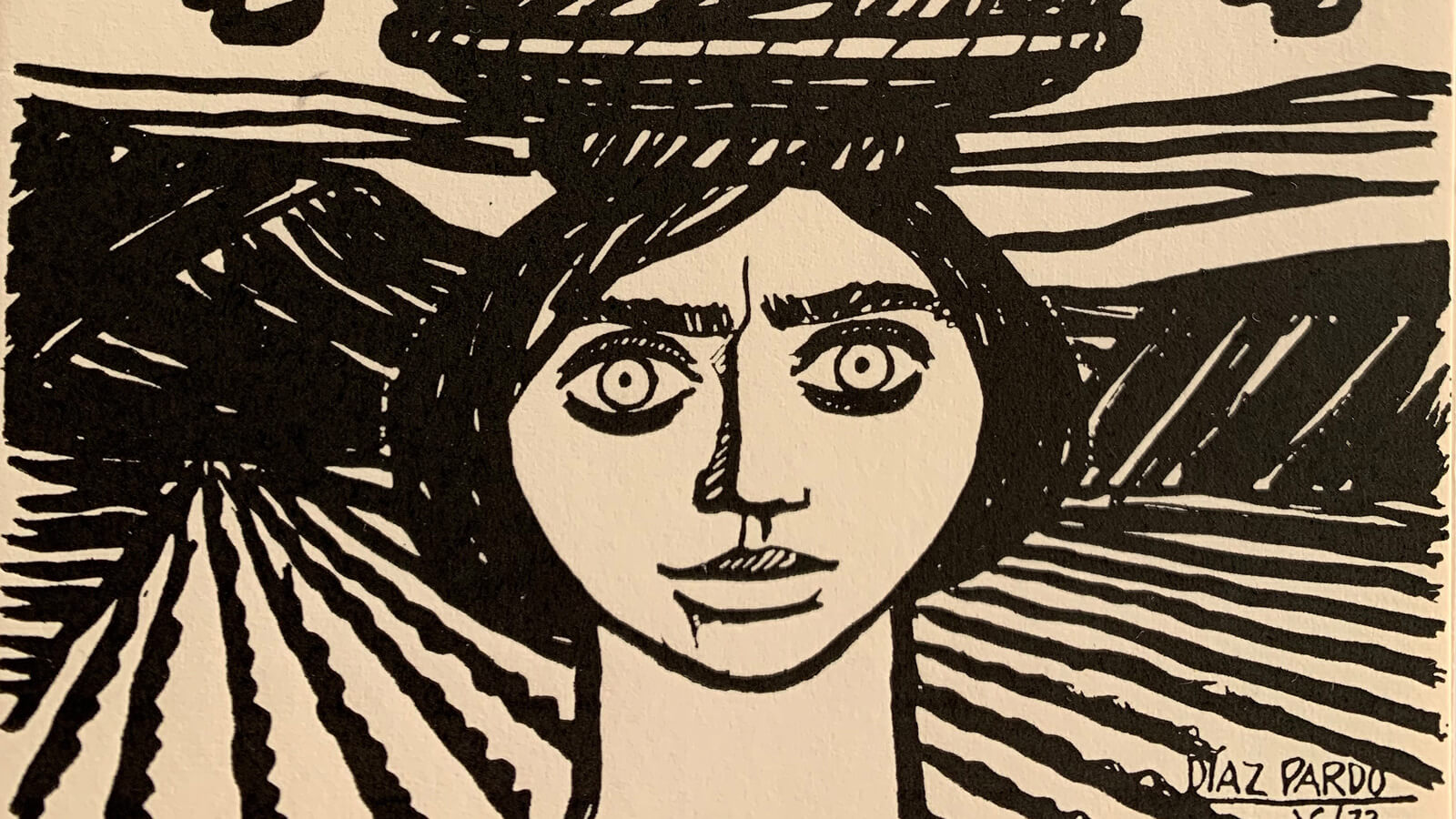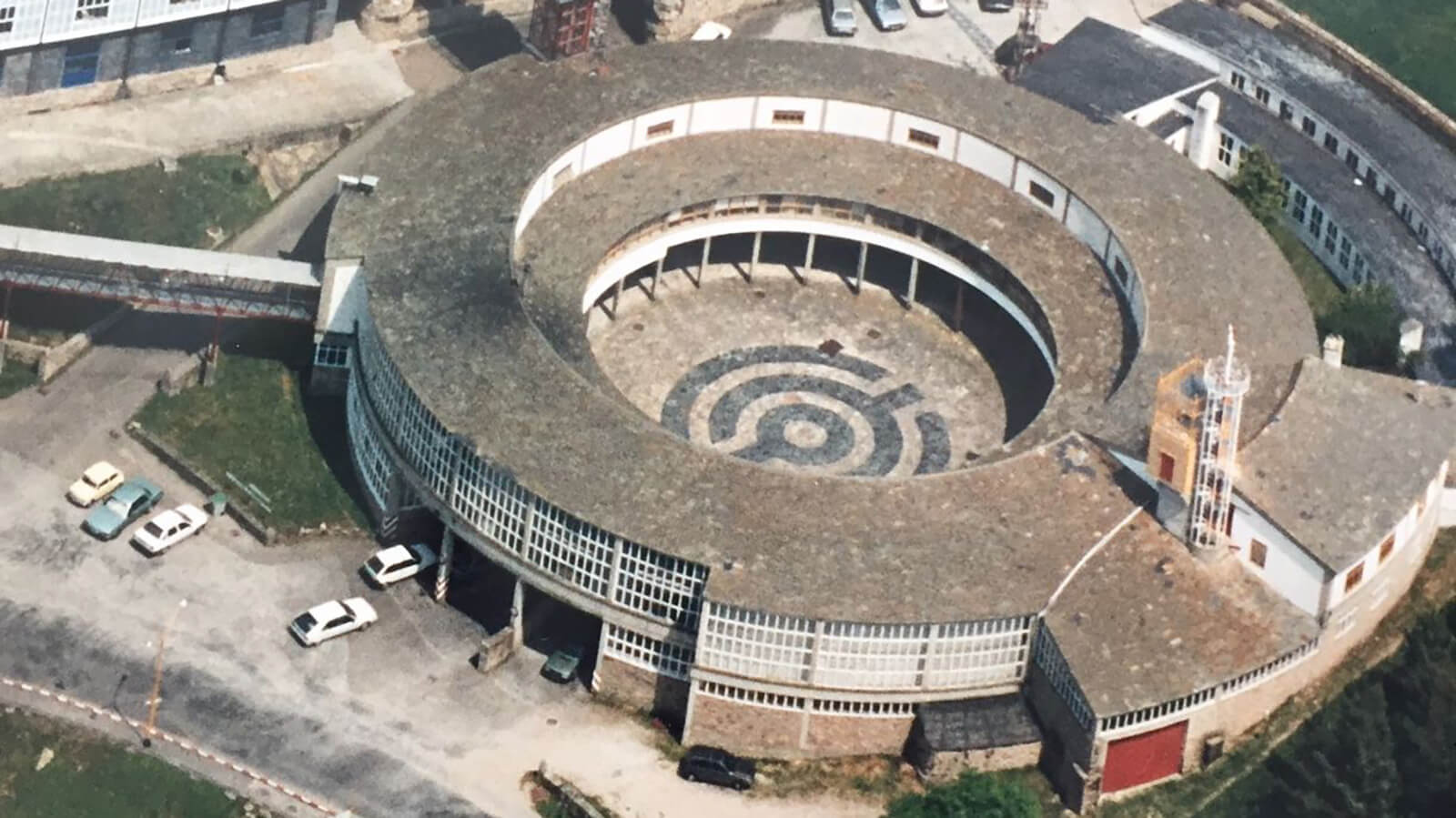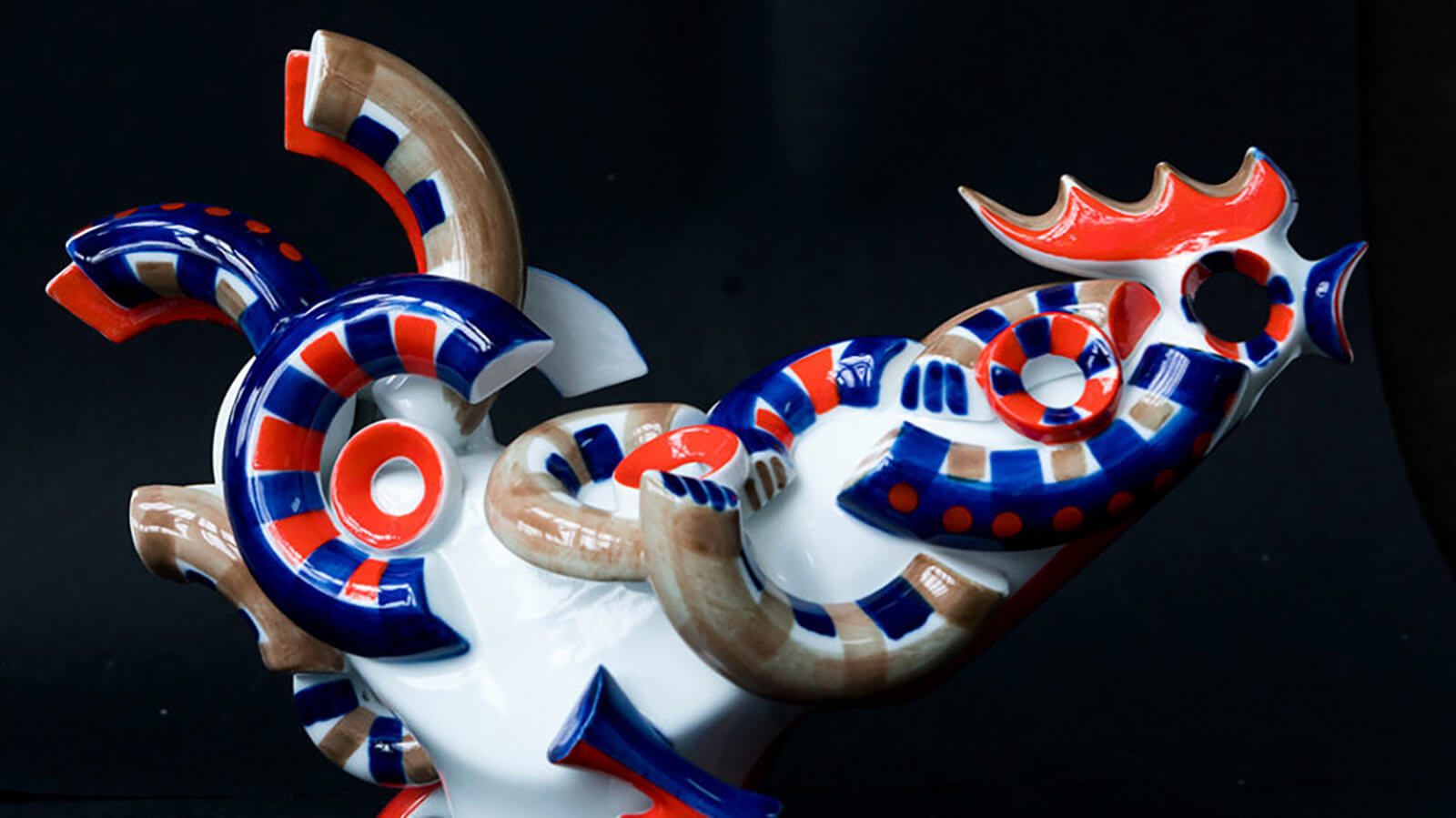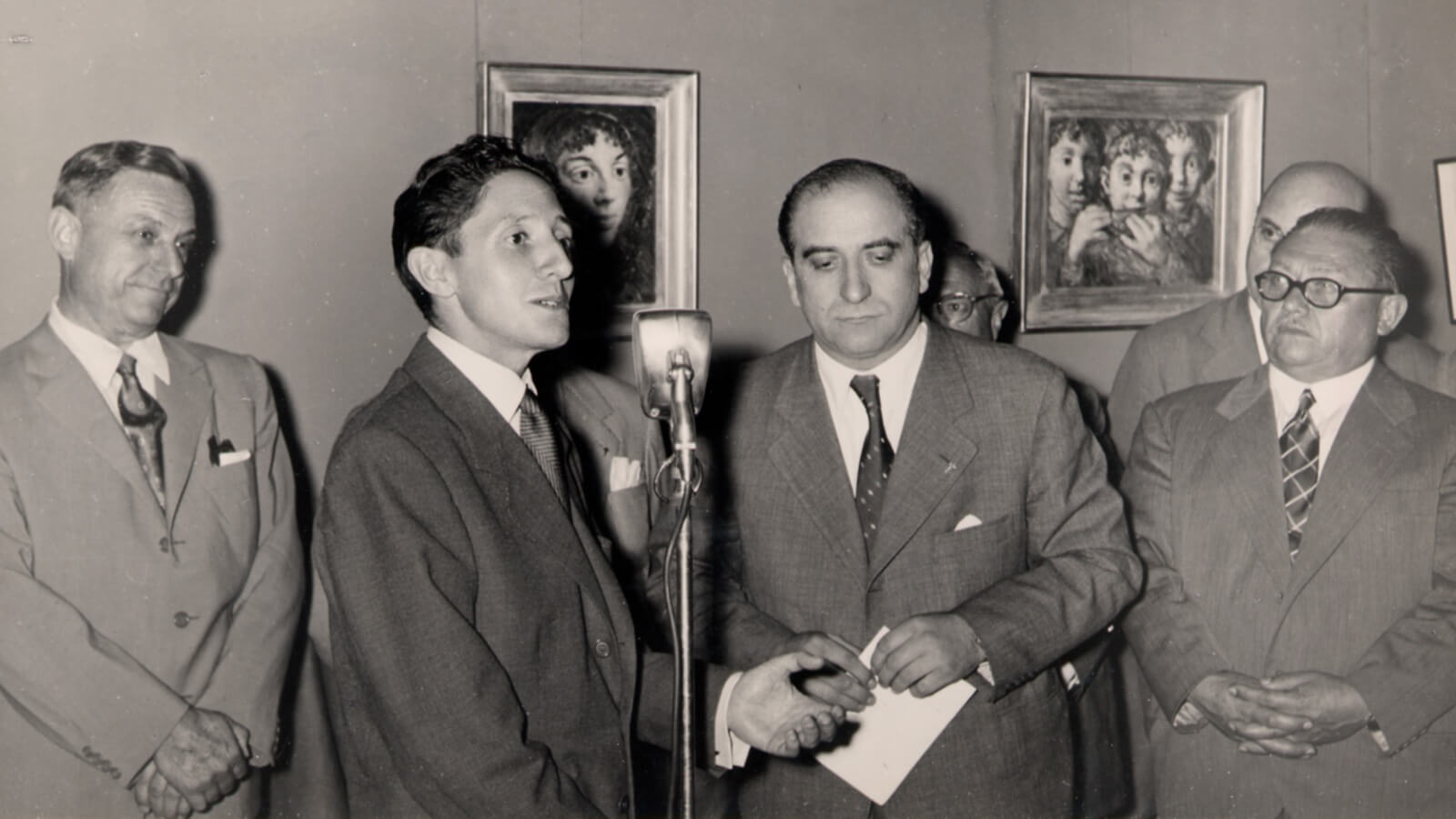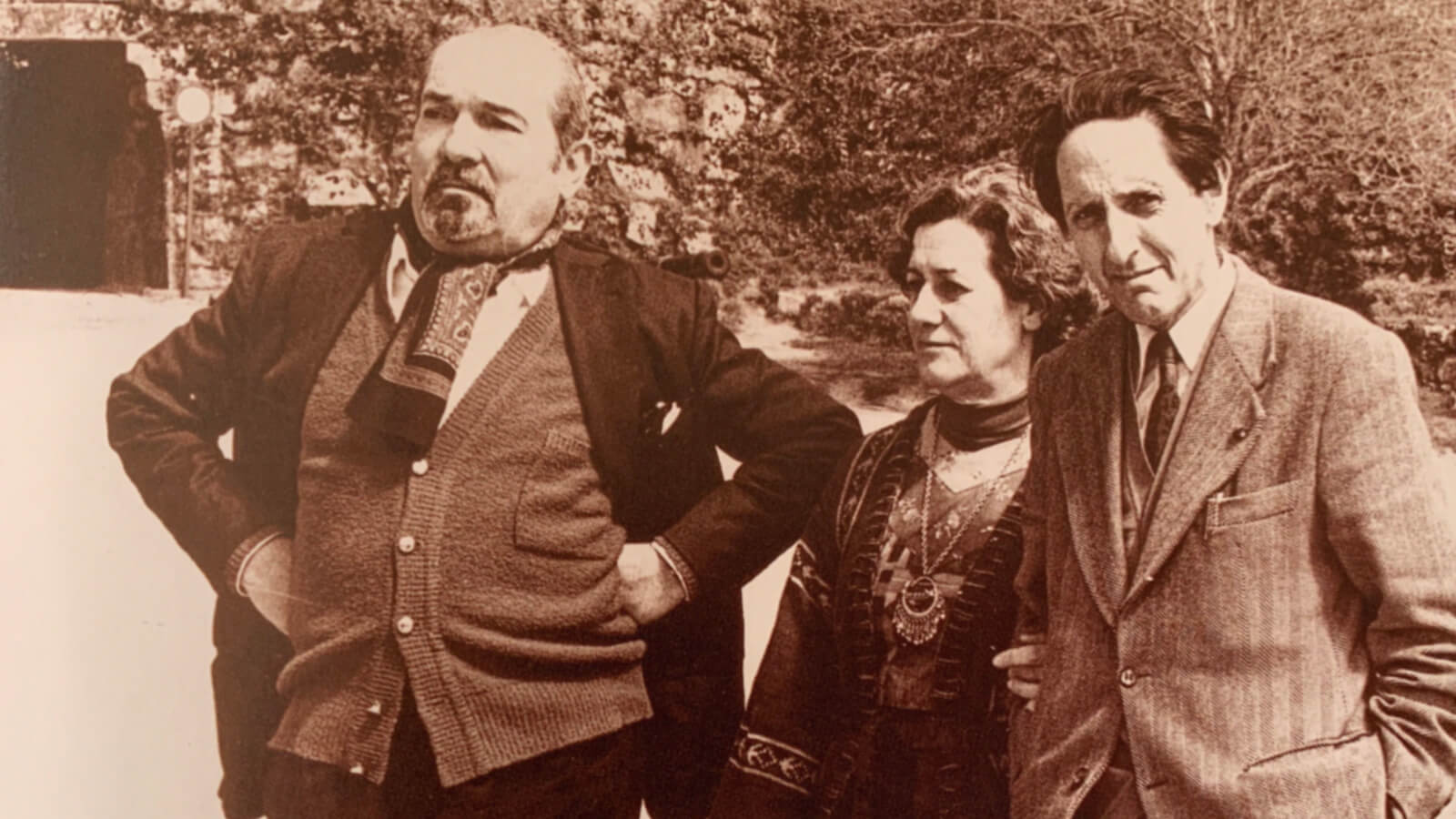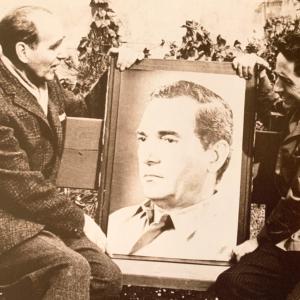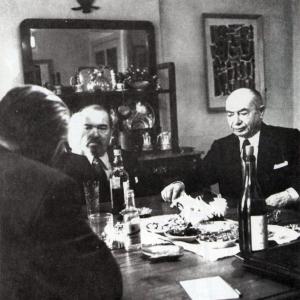Varela was a poet, literary and art critic and the promotor of major cultural initiatives among Galician exiles in Mexico and Buenos Aires. The son of émigrés, he spent his early years in Cuba and Argentina and returned with his family to Lugo in 1931, where he studied for his baccalaureate and participated in the foundation of the Mocidades Galeguistas (Galicianist Youth).
At the end of 1934 he moved to Madrid to study at university. While there he joined a number of cultural and literary environments. He attended the discussion group of Dieste, entered the Misiones Pedagógicas public educational project, published his first articles in the magazine P.A.N. and in 1936 began to work as a literary critic in the daily El Sol. During the Civil War, he joined the Communist Party, was political commissar in the Fifth Regiment and worked in publications such as El Mono Azul, Hora de España and Ahora.
He was a poet, literary and art critic and the promotor of major cultural initiatives among Galician exiles in Mexico and Buenos Aires.
At the end of the war, he went into exile in Mexico, where he worked on Octavio Paz’s magazine Taller, and founded and co-edited the magazine Romance, on which Spanish exiles collaborated. In 1941 he moved to Buenos Aires. There he joined a group of Galician exiles who had a discussion group at the Café Tortoni, published his books of poetry (Torres de amor, Lonxe), worked as an art critic, was a militant in the Argentinean Communist Party, worked in a variety of publishers and participated in the foundation, management and edition of magazines such as De mar a mar, Correo Literario (one of the most prolific publishing enterprises in the émigré world) and Cabalgata.
Lorenzo Varela participated in the implementation of the project of the Galician Institute of Information.
In 1976 he returned to Galicia. After being received coolly and without understanding, he moved to Madrid, where he died two years later. During this time, Lorenzo Varela participated in the implementation of the project of the Instituto Galego de Información.
In the years after his death, Isaac Díaz Pardo published much of his work in Ediciós do Castro among them the facsimile edition of the magazine Correo Literario. It is curious that the literary-musical events in homage to Díaz Pardo organised by the Royal Academy Isaac Díaz Pardo on the anniversary of his death, always began with the reading of a poem by Lorenzo Varela: “Compañeiros da miña xeración mortos ou asasinados” (Comrades of my generation who are dead or murdered).

